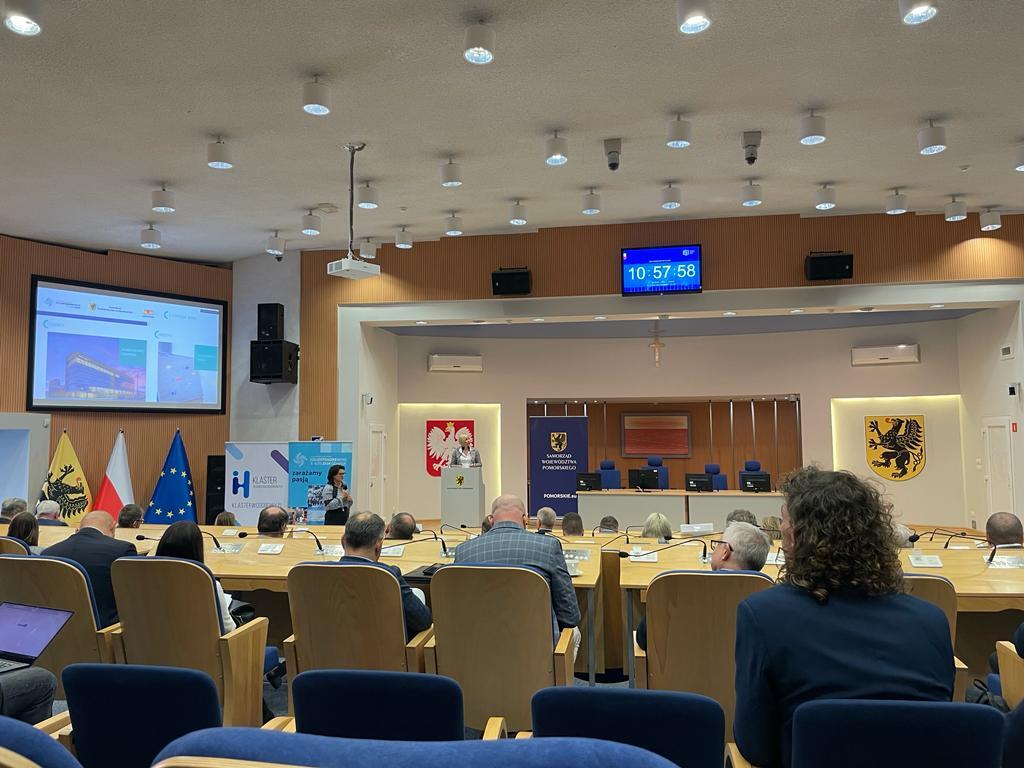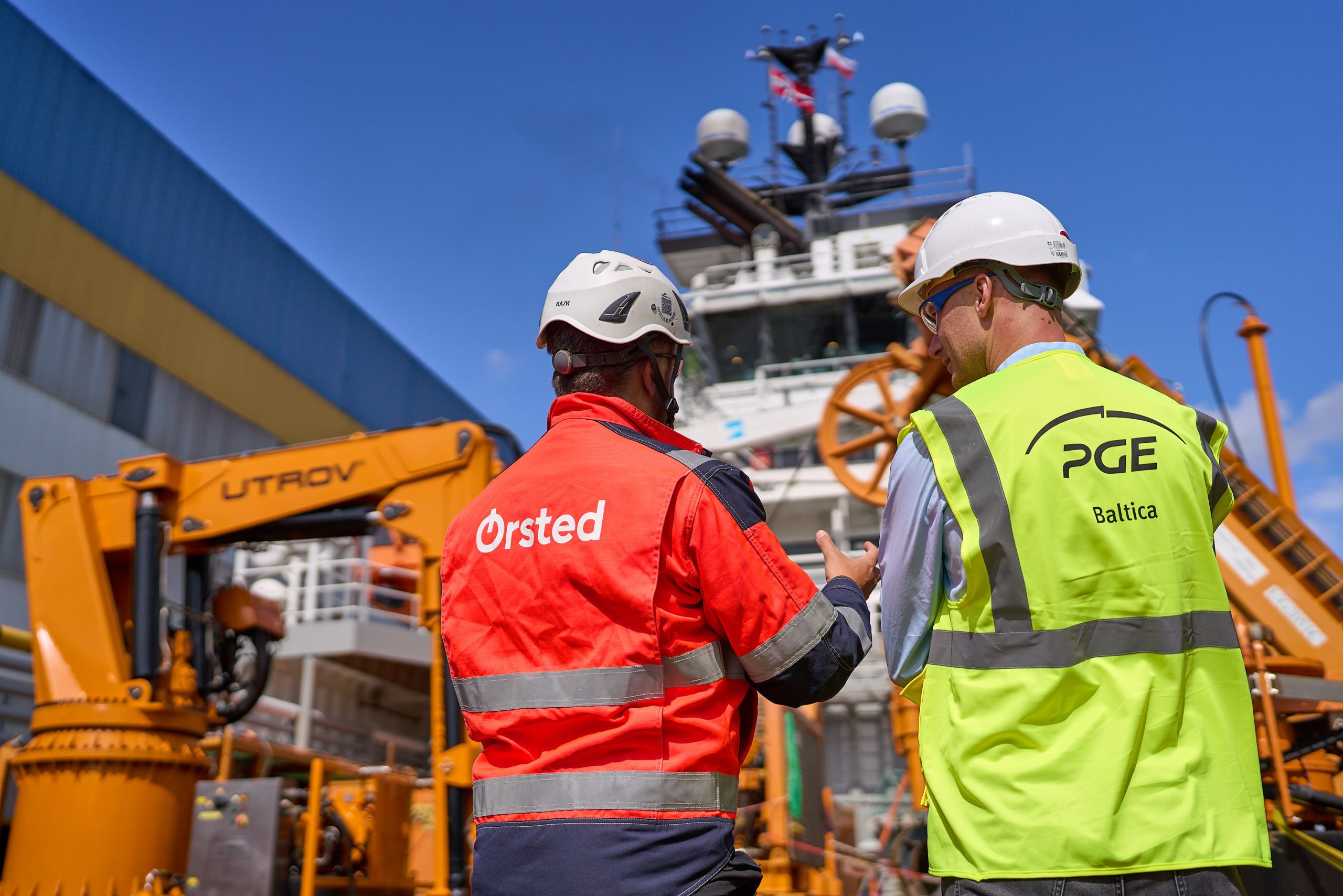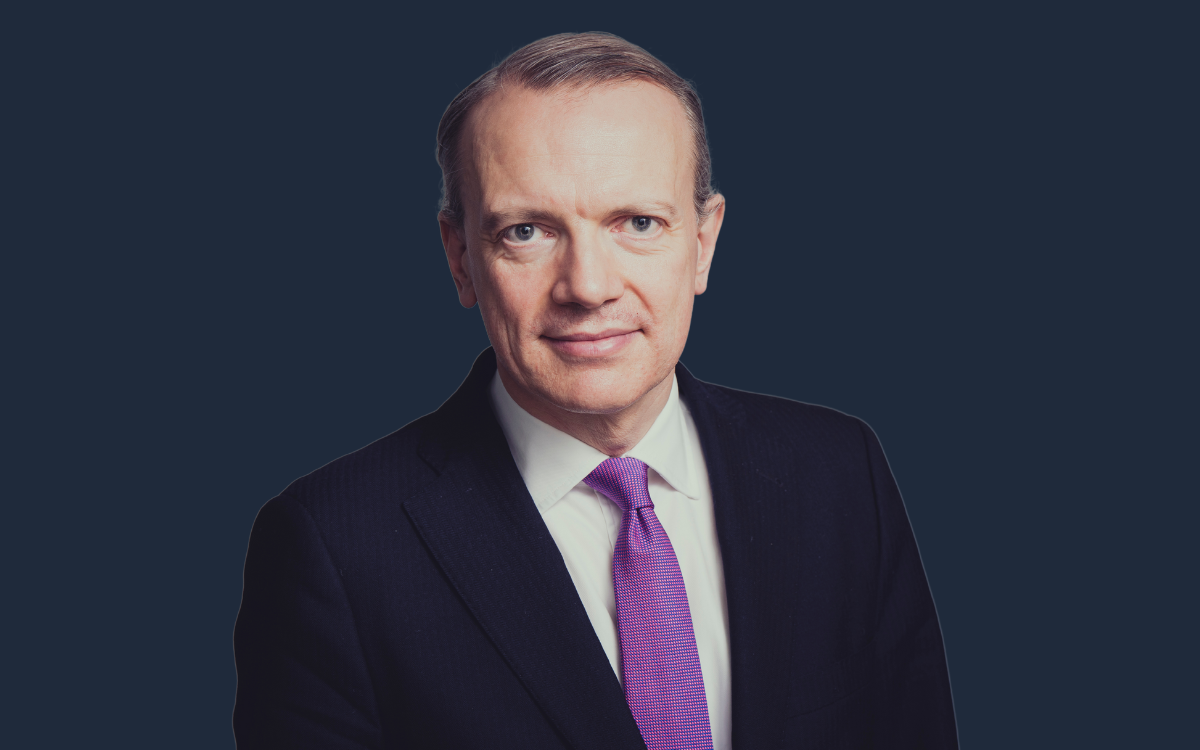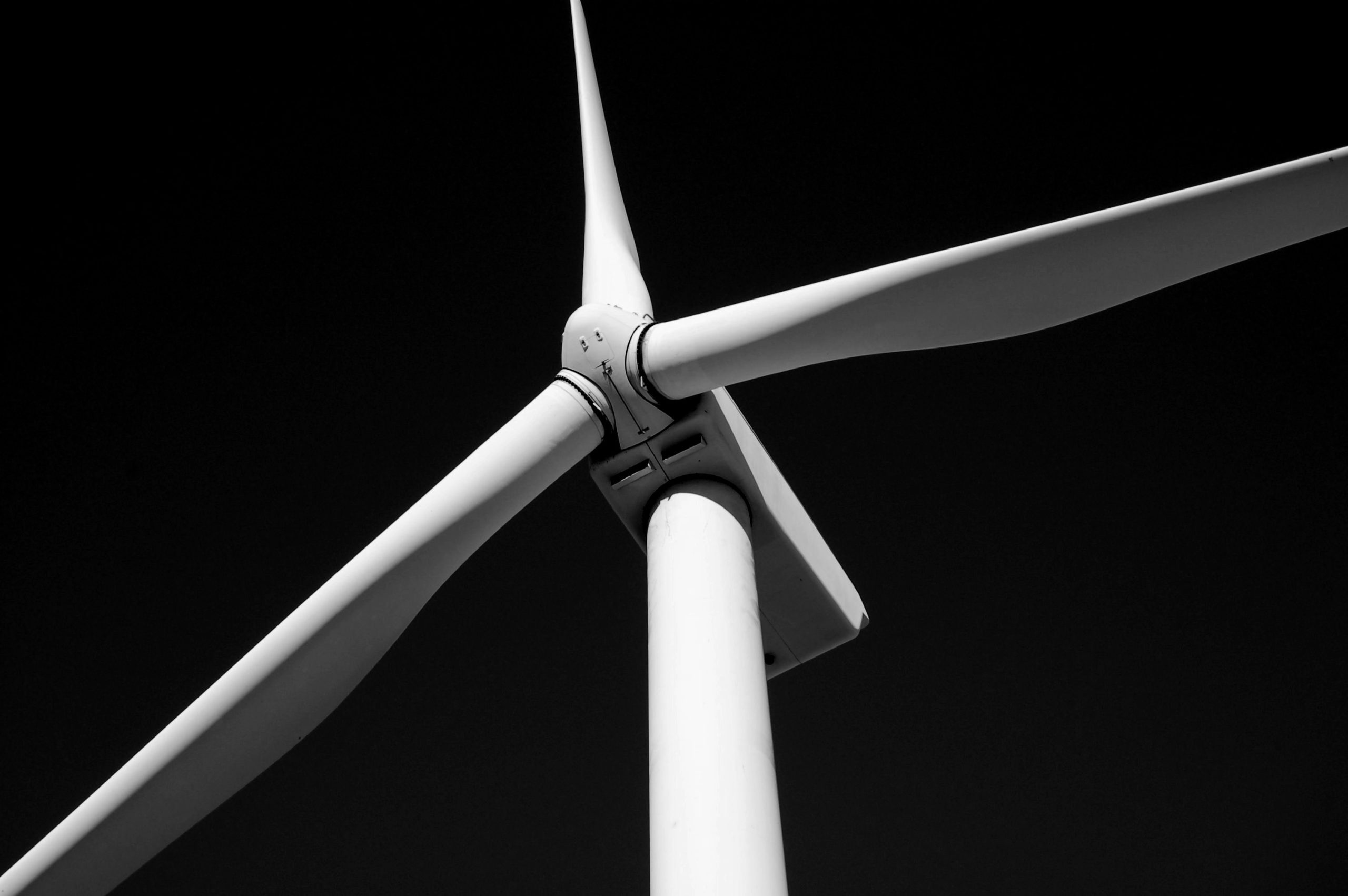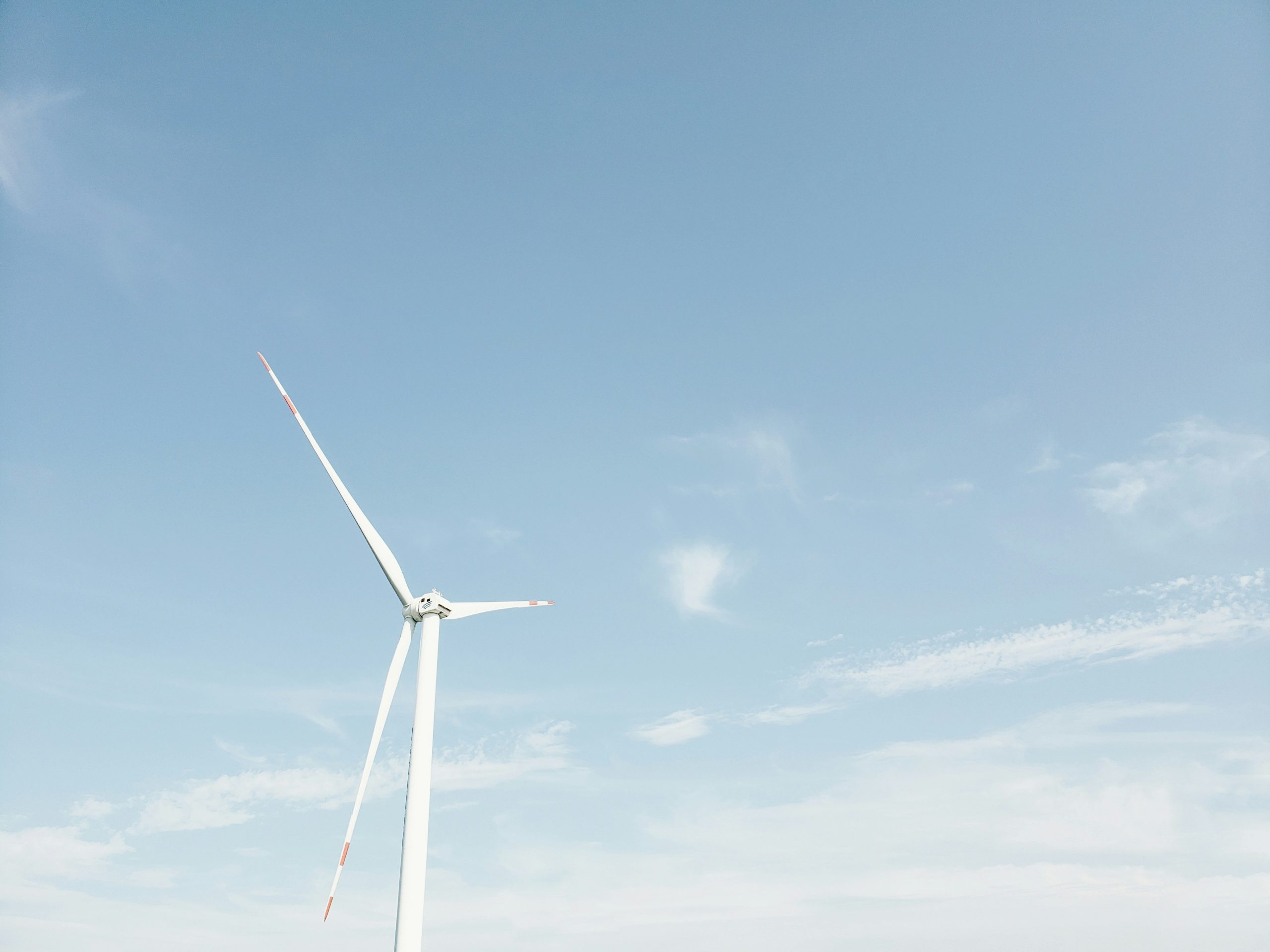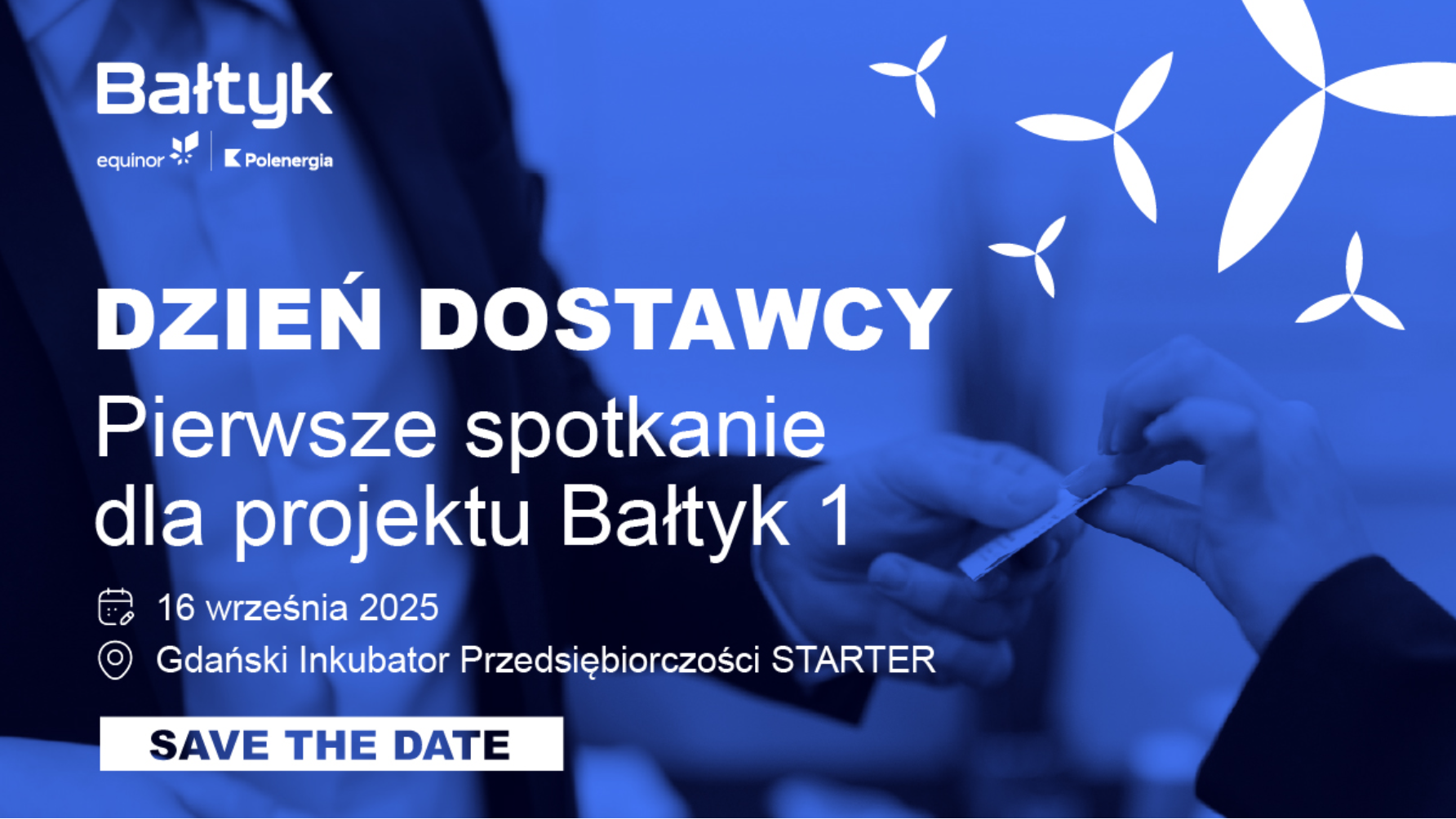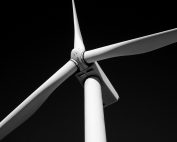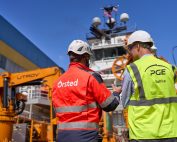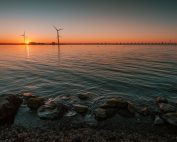Joined meeting of the Pomeranian Platform for the Development of Offshore Wind Energy and the Cluster of Hydrogen Technologies just took place. Among the major topics at the December 1 meeting at the Office of the Marshal of the Pomorskie Region (UMWP) were EU initiatives to strengthen the wind industry as a strategic industrial sector, the role of small and medium-sized seaports in the implementation of service functions for offshore wind farms, plans and assumptions for the Baltic Towers wind tower factory investment in Gdansk, the 2nd edition of Edu Offshore Wind 2024 and synergies between the offshore and hydrogen technology sectors. Meeting of the Pomeranian Platform organized with the Cluster of Hydrogen Technologies operating within the framework of i.a. the Regional Pomeranian Chamber of Commerce (RIGP) was an opportunity for networking and dialogue between representatives of offshore companies, local government and institutions that are involved in the process of preparing for the construction of wind farms and providing personnel.
The meeting featured a range of current information showing how the offshore sector is becoming increasingly important in the context of the challenges of EU climate and industrial policy, as well as the national energy transition. Amongst speakers was Marek Prior, a representative of the European Commission from the Directorate-General for Internal Market, Industry, Entrepreneurship and SMEs (DG GROW). Emphasizing the role of regional cooperation with taking into account the activities of clusters such as the Pomeranian Platform, he pointed out that such cooperation should concern the entire process of investment in offshore wind farms, i.e. from design to recycling. This way, the cooperation creates added value throughout the farm’s value chain covering i.a. the tower, foundation, cables, but also technical and environmental studies, legal and financial advice, connection infrastructure, O&M facilities, as well as research and development during construction, operation and recycling. It can’t be done single-handedly, therefore, as stressed by Marek Przeor – the role of regions in stimulating the process of cooperation in an ecosystem that includes all who contribute to offshore wind farms is extremely important. “Pomerania is an excellent example of supporting such a participatory model of cooperation – so important for the implementation of an innovative regional development strategy based on smart specialization” – said Marek Przeor. The EC representative also presented basic assumptions of the Commission’s EU wind energy action plan adopted in October. It aims to accelerate the construction of offshore wind farms by, among other things, optimizing the permitting system, mainly by digitizing the process and launching technical assistance to member states, additionally improving the auction model, increasing access to financing i.a. from the Innovation Fund and by activating EIB guarantees that mitigate investment risks. The key also lies in training human resources and enhancing the competencies needed for wind farm projects.
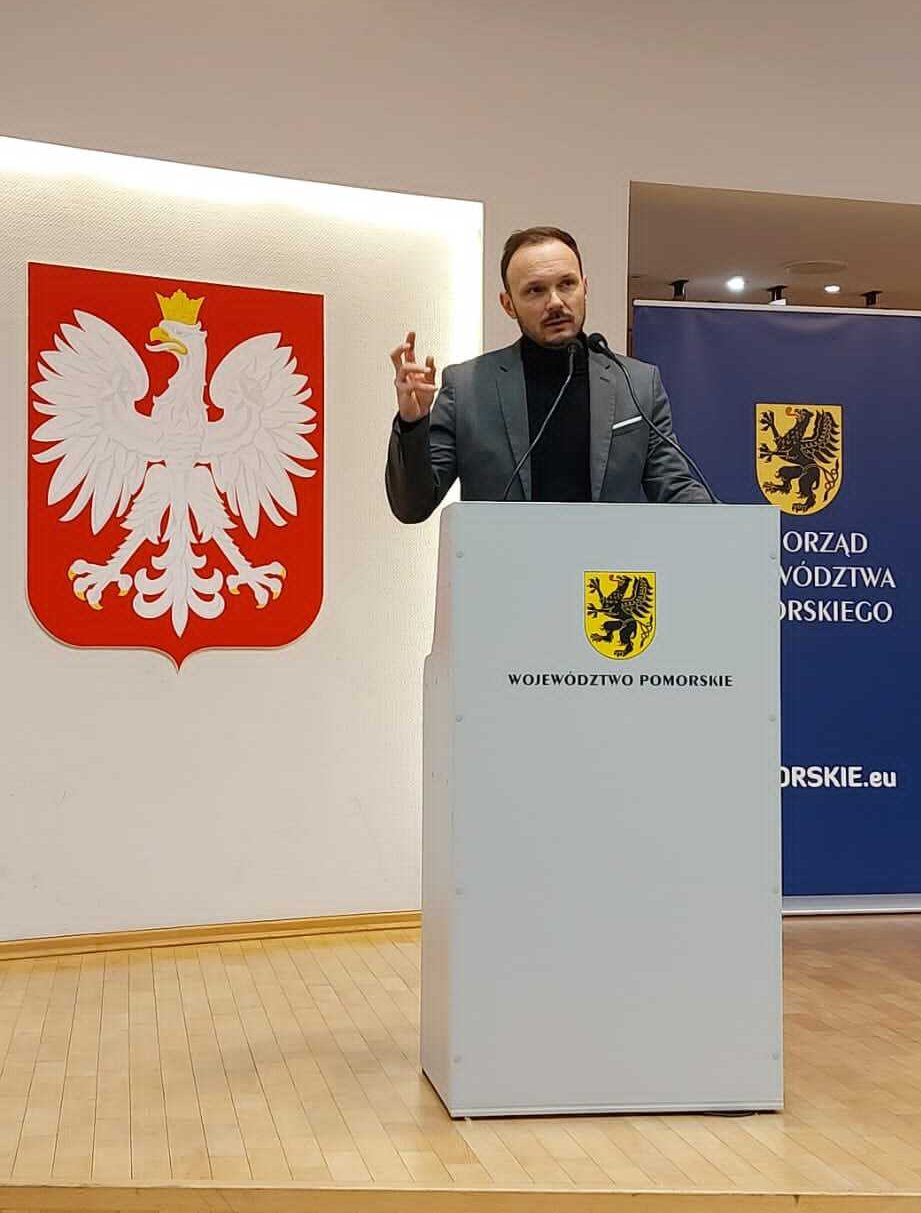
Whilst introducing the main EU initiative aimed at strengthening the European industry, Maciej Mierzwiński, from CEE Energy Group, presented information on Net-Zero Industry Act (NZIA). As he pointed out – this legislative initiative will determine what the supply chains for key industrial sectors in Europe, including the RES sector, will look like. This process will determine the map of key investments in Europe, including Poland. To retain and strengthen European companies in strategic sectors such as offshore – the NZIA initiative is to, amongst others, streamline permitting and strengthen the resilience of supply chains by increasing the role of non-price indicators in tenders – their weight should be between 35% and 50% of the main criteria for selecting suppliers. This will help reinforce the so-called “european content,” which is becoming European “local content.” In addition, the EC initiative provides a special place for human resource development through a proposal to establish European Net Zero Industry Academies. As noted by Maciej Mierzwinski, the lack of human resources is one of the main challenges identified in the NZIA to fulfill the ambitious plans to accelerate offshore investment in the EU. Therefore, from this perspective, initiatives that build a bridge between investment and competence development such as the EDU OFFSHORE WIND career fair implemented in the Pomeranian region are extremely important.
The next speaker was Paul Weiner, President of MAG Offshore. He informed about the prepared update of the report on the role of small and medium-sized ports which was commissioned by the Office of the Marshal of the Pomorskie Region and Bank Gospodarstwa Krajowego (a Polish development bank). In his presentation, he outlined the status of investments in the ports of Gdansk and Gdynia related to the possibility of participating in the installation process of the farms, highlighting investments primarily in the port of Gdansk i.a. to allow the use of land for handling and storage of certain components or foundations. In addition, Pawel Weiner discussed the state of preparedness of small ports – including Wladyslawowo, Leba, Ustka – for the implementation of service functions, presenting their detailed specifics and the criteria that determined the choice of Phase I developers.
Baltic Towers CEO Jakub Wnuczynski presented details of the wind tower factory investment under construction in Gdansk. It will produce up to 150 towers per year, including for the largest turbines ie. 15 MW. It will employ more than 500 highly skilled workers. It’s production start-up is planned from mid-2025.
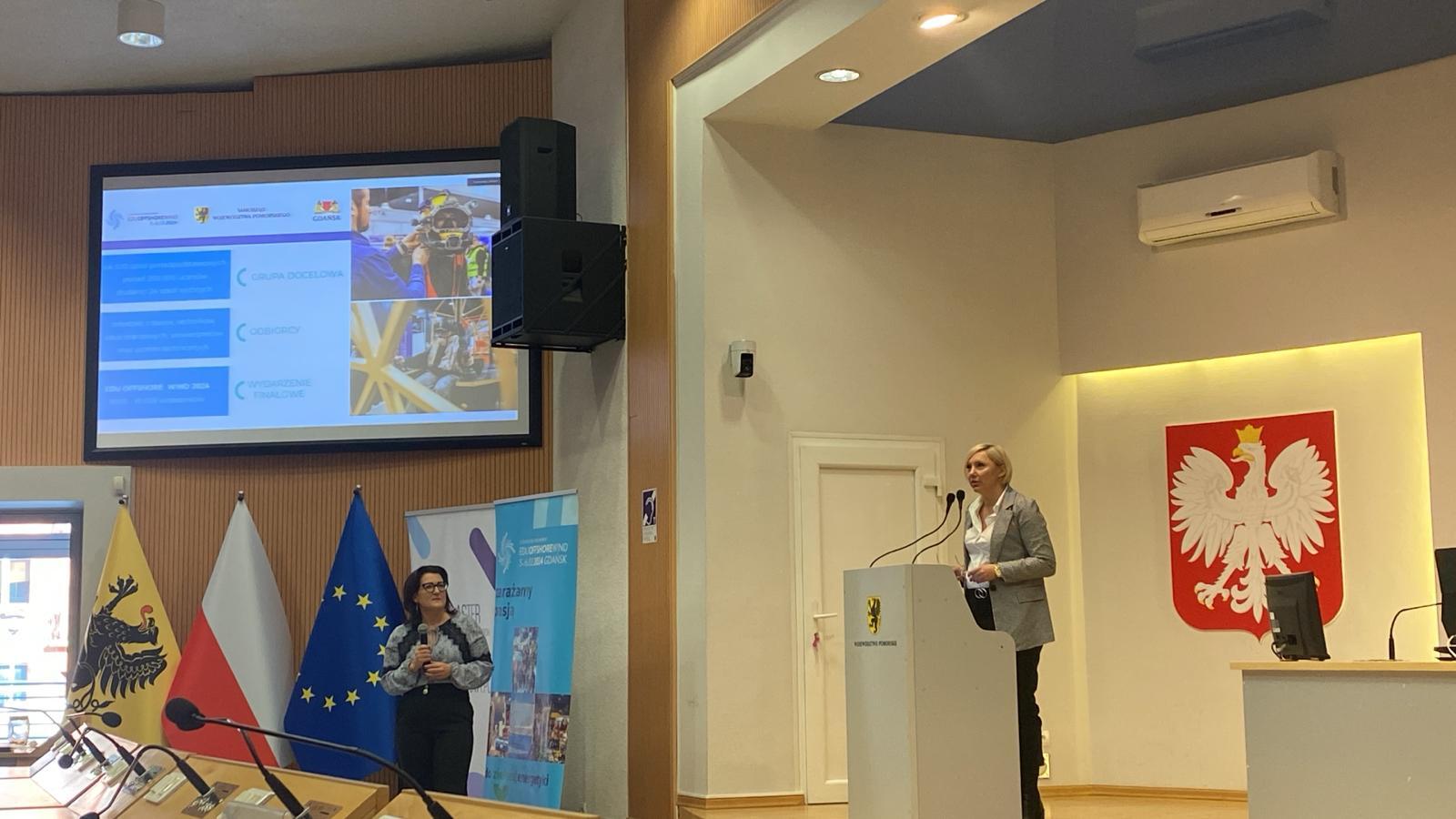
The leader of the Pomeranian Platform – Karolina Lipinska, Deputy Director at the Department of Economic Development of the Office of the Marshal of the Pomorskie Region, and Agnieszka Rodak, President of the Rumia Invest Park, as the initiators of the establishment of the Pomeranian Platform, as well as its flagship project, which is the Pomeranian Centre for Offshore Energy Competence, presented details of the status of preparations for the 2nd edition of the EDU OFFSHORE WIND career fair. They stressed the importance of the ongoing educational program in Pomeranian schools and universities. As part of the training meetings, young people and students gain knowledge to prepare them for the education fair to be held on March 5-6, 2024. Compared to the first edition, this time the project relies on greater university involvement and dialogue with students. As indicated during the presentation, the second edition is poised to host a larger number of participants, i.e. 8,000 to 10,000. Among the new features on the program will be i.a. an energy transition island. The initiative envisions the possibility of greater involvement of HR departments of companies in the energy sector to strengthen the dialogue between potential employers and employees. Agnieszka Rodak encouraged participation, stressing that registration for the fair is now open.
Later in the event, presentations included i.a, initiatives demonstrating the potential of hydrogen technologies, as well as the synergy between these technologies and the offshore sector.
The next meetings of the Pomeranian Platform will be held in 2024.
Video report of the meeting:
